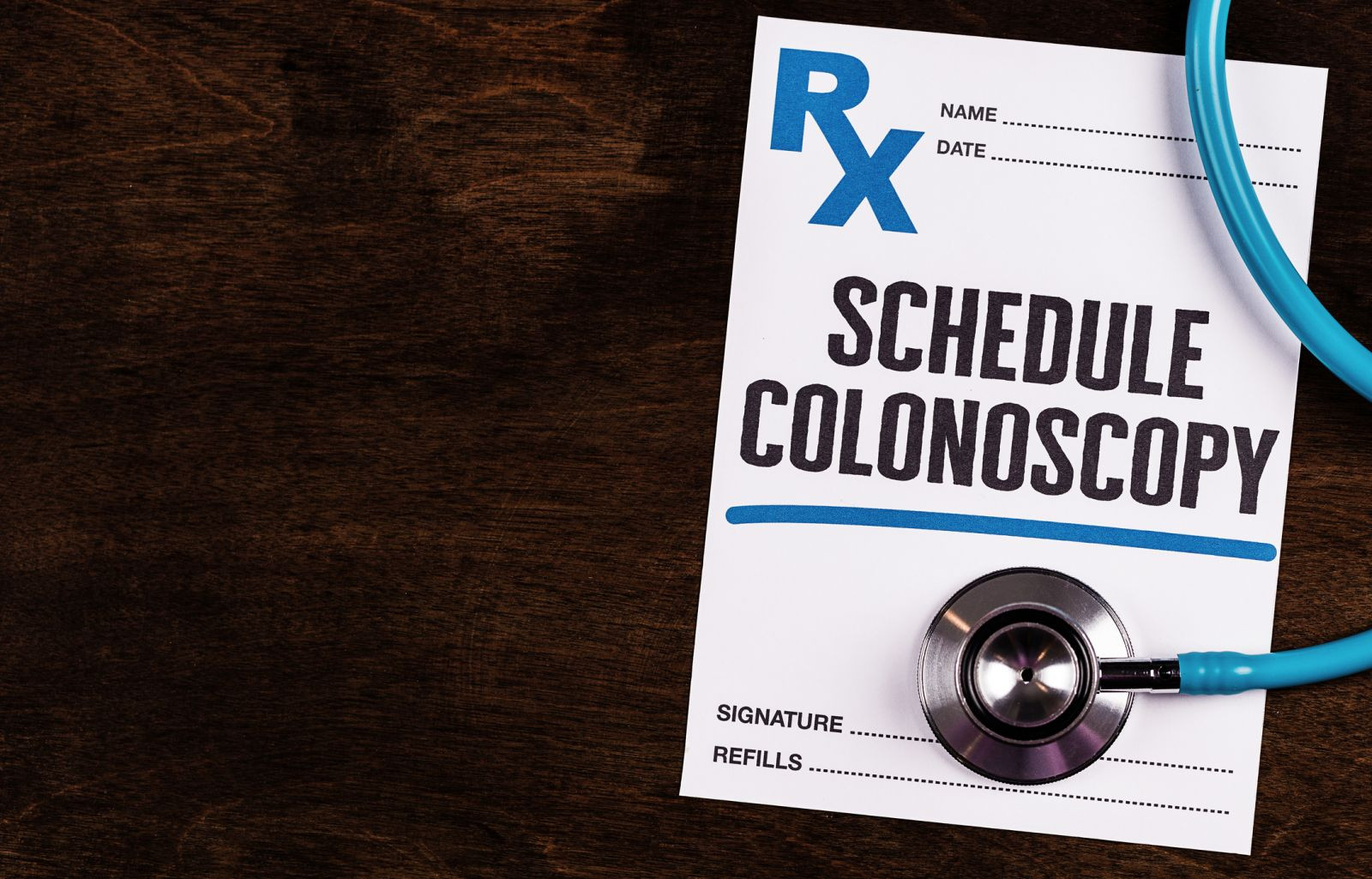The prep is worse than the procedure

For many people, the main problem with colonoscopy is not the procedure itself, which is experienced in sedative-induced oblivion, but what comes beforehand. Bowel preparation — or, simply, "the prep" — typically involves drinking a solution or taking tablets that provokes diarrhea and then a marathon session on the toilet.
And, currently, there's no getting around it for colonoscopy. Virtual colonoscopy takes the "scope" out of colonoscopy by using CT scans to visualize the colon, but the six-foot length of the colon and rectum still needs to be emptied.
Many things have been tried to make the preparedness phase for colonoscopy easier and somewhat more palatable.
A scope with a good view
Colon cancer usually starts in small, but quite visible, polyps on the inner surface of the colon. Those polyps can be spotted and removed with a colonoscope, an endoscopic device that is snaked through the anus and the colon. There are other ways to screen for colorectal cancer, and the American Cancer Society and the U.S. Preventive Services Task Force have stayed neutral about which is best. But colonoscopy has emerged as the preferred screening method in the United States for several reasons: the entire colon can be examined; the screening interval is once every 10 years; and if a polyp is found, it can be taken out right away.
Bowel cleansing is necessary for the simple reason that fecal matter gets in the way of a good examination of the colon's inside walls. Research in the United States and Europe has shown, not surprisingly, that poor preparation results in fewer polyps being found and removed. If you're less than empty, a colonoscopy may take longer and, in the worst case, becomes impossible to do properly — so you'll need to start all over again and come back for a repeat procedure.
Prep school
No matter which prep you use, you'll have to stop eating solid foods the day before the colonoscopy and switch over to a clear liquid diet: water, clear broth, lightly colored fruit juices like apple and grapefruit. Coffee and tea are okay as long as you don't add milk or a creamer. You may also be told to stop taking drugs that increase the chance of bleeding, in case a polyp needs to be removed.
You will get detailed written instructions with any prescription, but here is a brief overview of some of the main choices.
Many colonoscopy centers advise patients not to drink anything — including bowel prep — for two hours, or even longer, before the procedure. The worry is that when people are sedated they might choke if they vomit up a recent drink or meal.
Three tips
- Be prepared for the prep. Make sure you get the instructions well ahead of time. And don't plan on being anywhere but in the bathroom as you empty out. Of course, you should also figure on being out of commission the day of the colonoscopy.
- If you have constipation or other bowel problems, talk to the nurse or doctor about taking a laxative before the full-fledged prep begins.
- If you can't finish the bowel prep, let the doctor's office know. Better to cancel and reschedule the appointment than to have an incomplete colonoscopy because your colon wasn't empty.
Image: CatLane/iStock
Disclaimer:
As a service to our readers, Harvard Health Publishing provides access to our library of archived content. Please note the date of last review or update on all articles.
No content on this site, regardless of date, should ever be used as a substitute for direct medical advice from your doctor or other qualified clinician.












